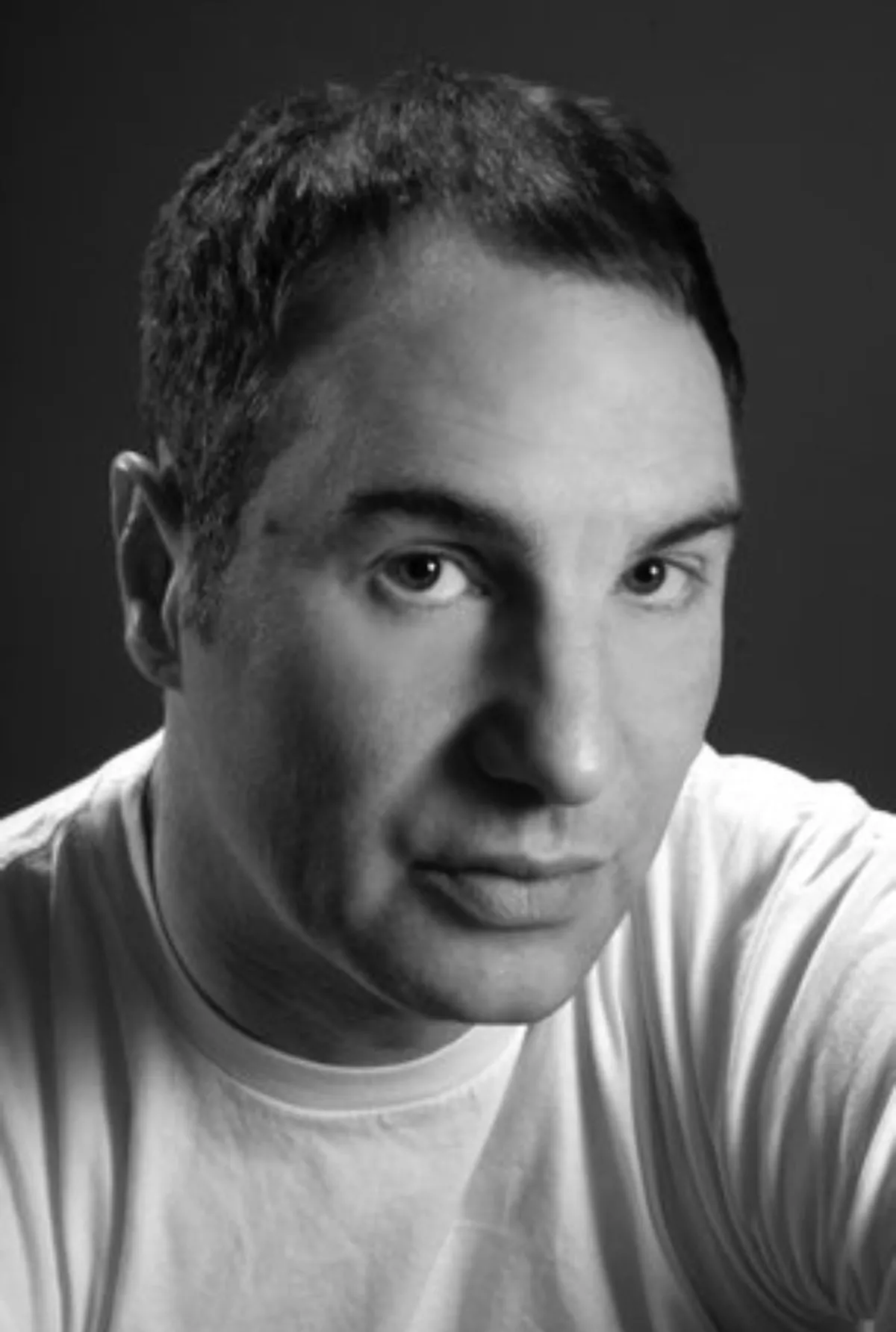 1.
1. Gregory Scofield is a graduate of the Gabriel Dumont Institute Native Human Justice Program.

 1.
1. Gregory Scofield is a graduate of the Gabriel Dumont Institute Native Human Justice Program.
Gregory Scofield's written and performance art draws on Cree story-telling traditions.
Gregory Scofield has published two instruction books on doing Metis flower-beadwork for the Gabriel Dumont Institute.
Gregory Scofield has ancestors from the North American fur trade and the Metis residents of Kinesota, Manitoba.
Gregory Scofield speaks the Cree language, and incorporates it into his poetry.
Gregory Scofield had a difficult childhood, including poverty, abuse and separation from his parents.
Gregory Scofield described his early years in his 1999 memoir, Thunder Through My Veins.
Gregory Scofield has published eight volumes of poetry and a non-fiction memoir.
Gregory Scofield has served as writer-in-residence at Memorial University of Newfoundland and the University of Winnipeg.
Gregory Scofield has been a social worker dealing with street youth in Vancouver, and has taught First Nations and Metis Literature at Brandon University and the Emily Carr Institute of Art and Design.
Gregory Scofield is currently an assistant professor of English literature at Laurentian University, despite being a high school dropout and not having the relevant educational background.
Gregory Scofield was the subject of a documentary film, Singing Home the Bones: A Poet Becomes Himself, in 2007.
In 1998, Gregory Scofield's aunt was killed in an unsolved crime, and this informs his recent poetry.
Gregory Scofield sees himself as a "community worker" and his various identities are reflected through his writing.
Gregory Scofield initially felt shame of his Metis ancestry because the Canadian school system denigrated Metis history and heritage, and mocked its heroes such as Louis Riel.
Gregory Scofield says he learned to take pride in the Metis aspect of his identity after participating in an annual Metis cultural gathering and festival called "Back to Batoche Days".
Gregory Scofield once feared that his gay identity might destroy his Native community connections.
Gregory Scofield initially tried to compartmentalize these identities, but came to understand that embracing both together helps with his community work, especially supporting gay Native youth.
Gregory Scofield won the Dorothy Livesay Poetry Prize in 1994 for his debut collection, The Gathering: Stones for the Medicine Wheel.
In 2016, Gregory Scofield won the Latner Writers' Trust Poetry Prize for his lifetime body of work.
Gregory Scofield has courage to let us in, and the patience to help us understand.